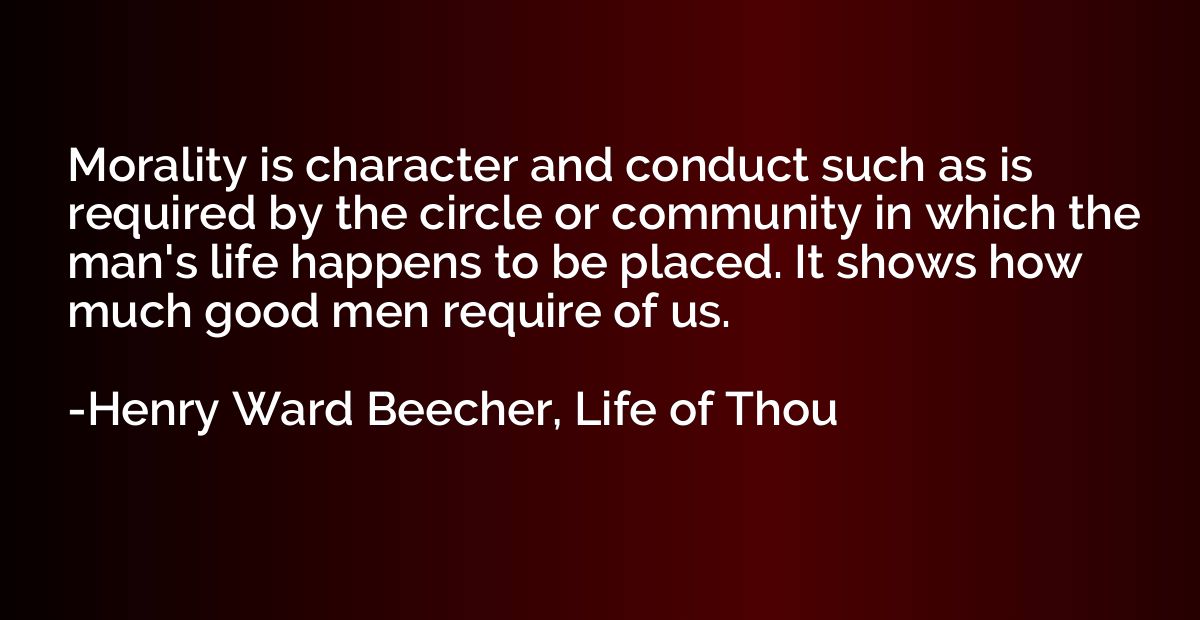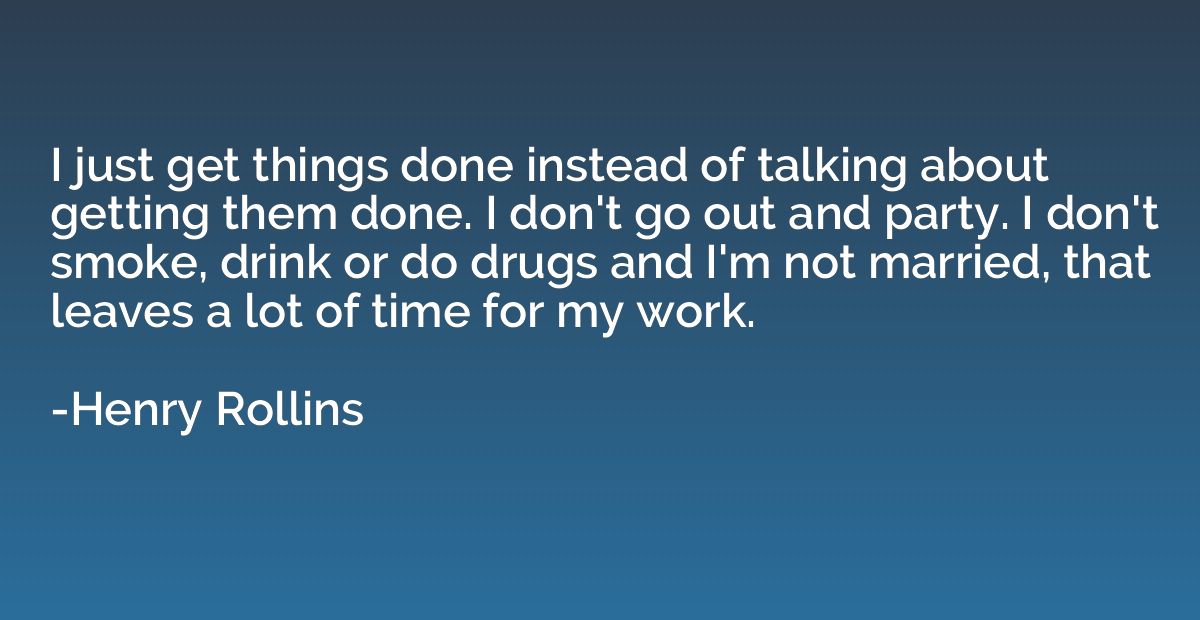Quote by Henry Ward Beecher, Life of Thou
Morality is character and conduct such as is required by the circle or community in which the man's life happens to be placed. It shows how much good men require of us.

Summary
This quote suggests that morality is not determined by universal principles, but rather by the expectations and standards within a specific community. It implies that one's character and behavior should align with what is deemed virtuous by the society in which they exist. The quote also implies that morality is a reflection of the level of goodness expected and demanded by good individuals within that particular community. Thus, the idea of morality is presented as relative and shaped by one's surroundings and the prevailing moral norms within their social circle.














